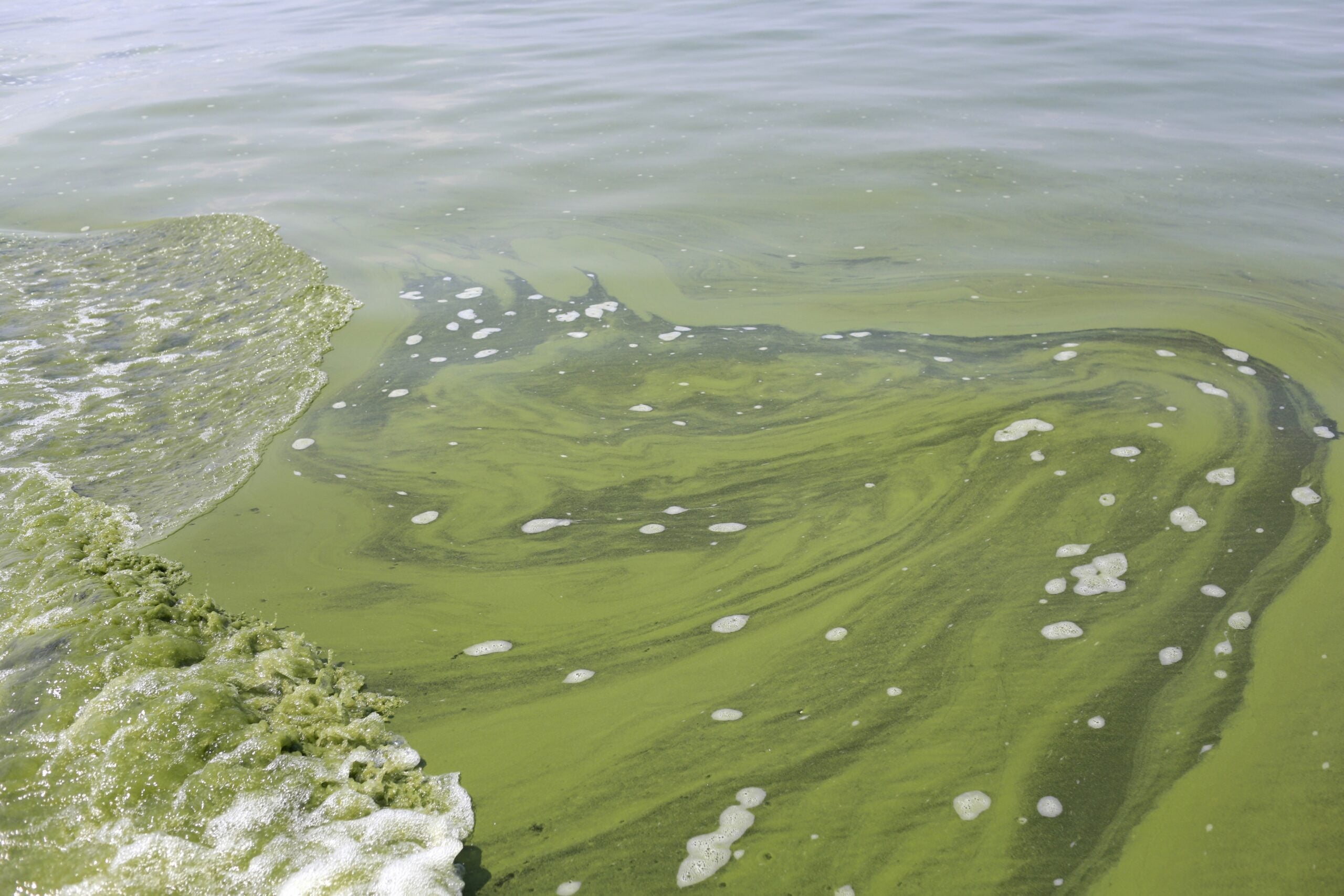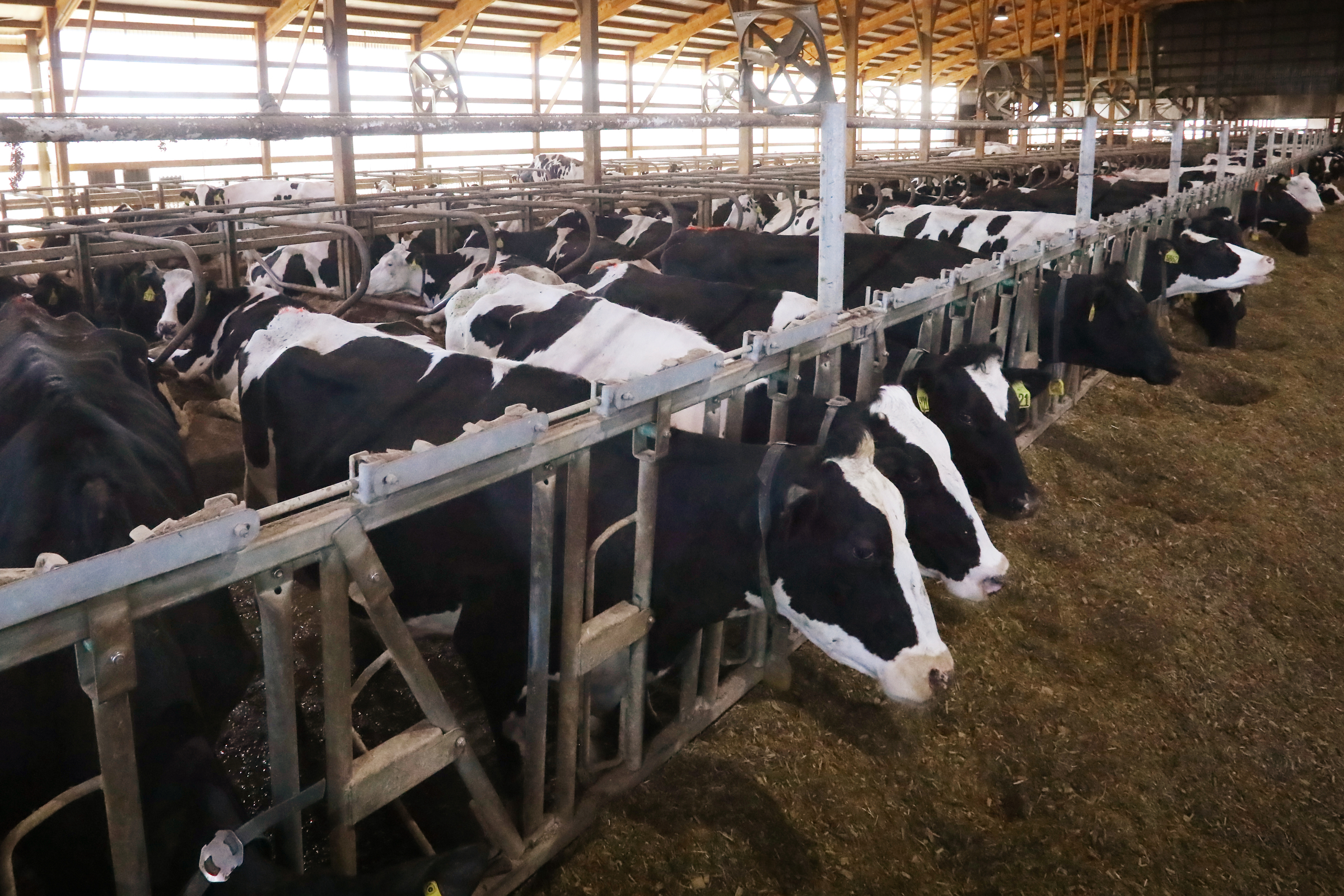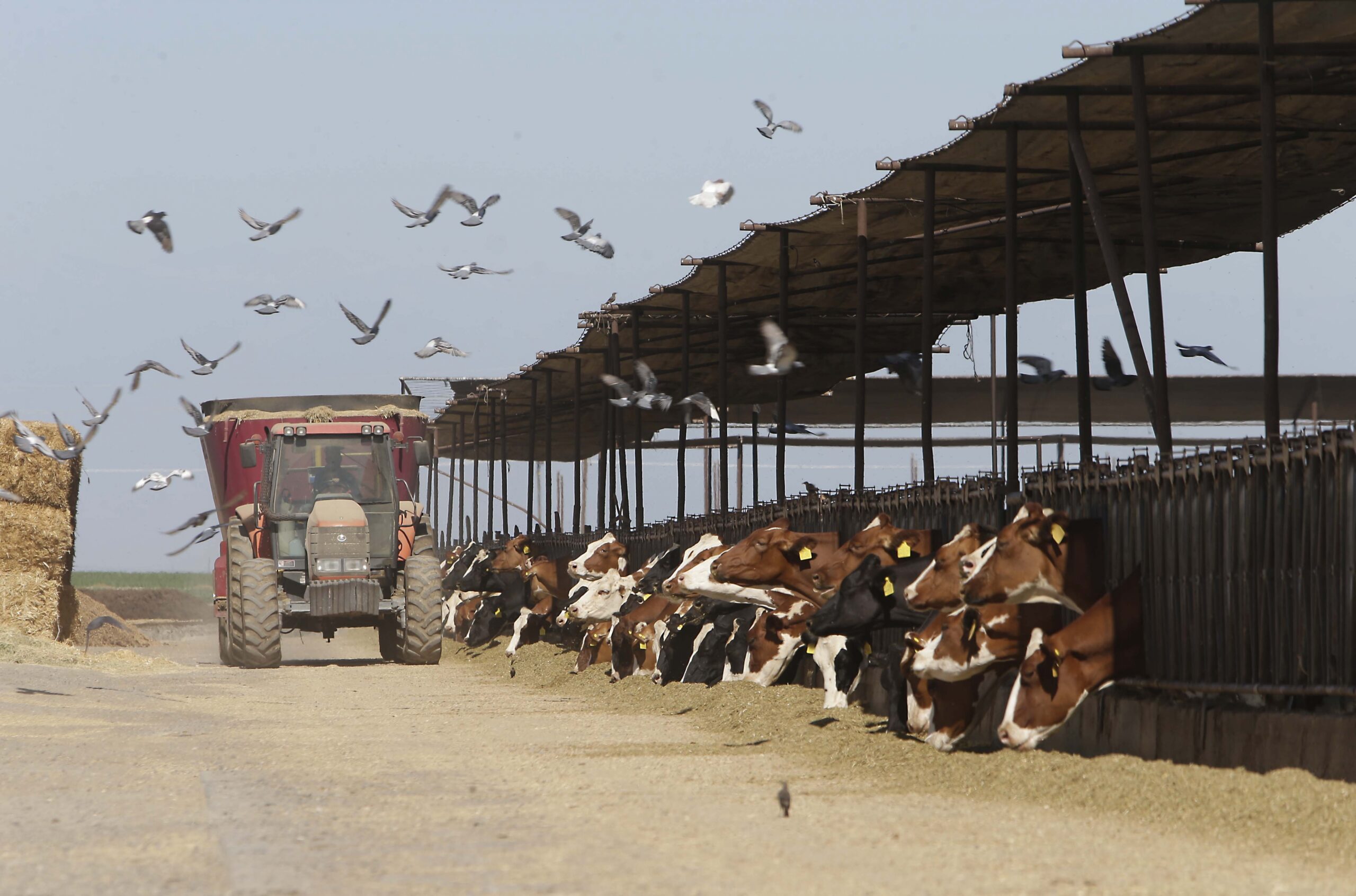Democratic Attorney General Josh Kaul reversed the Wisconsin Department of Justice position on two lawsuits involving a dairy farm expansion and high-capacity wells. The DOJ is now aligning its stance with an environmental group that’s challenging permits issued in both cases.
Clean Wisconsin filed a lawsuit in 2015 that challenged the Wisconsin Department of Natural Resources for allowing a Kewaunee County farm to expand without off-site groundwater monitoring requirements and limits on the number of animals. Administrative Law Judge Jeffrey Boldt ruled in 2014 that the agency should add those requirements to a permit for Kinnard Farms as part of its proposed expansion.
The group also filed a separate lawsuit in 2016 when the agency approved eight high-capacity wells, alleging the state should have considered their collective impact on state waters.
News with a little more humanity
WPR’s “Wisconsin Today” newsletter keeps you connected to the state you love without feeling overwhelmed. No paywall. No agenda. No corporate filter.
In both cases, the agency said it lacked authority to impose requirements on Kinnard Farms and examine the cumulative impacts of the wells. Former Republican Attorney General Brad Schimel said the DNR couldn’t take actions that weren’t explicitly required by law as set forth under Act 21, which was passed by the Legislature in 2011.
“They’re a little bit different cases in their backgrounds and specific facts, but, at the end of the day, this is about making sure that DNR uses the tools that we think they clearly have to protect those resources and protect public health,” said Evan Feinauer, staff attorney for Clean Wisconsin.
In the high-capacity wells case, a Dane County judge ruled in Clean Wisconsin’s favor in 2017, vacating seven of the eight permits. The eighth permit was sent back to the DNR for further review.
Attorney Robert Fassbender is representing groups like the Dairy Business Association and Wisconsin Manufacturers and Commerce that are appealing the lower court’s ruling.
“If you look at the statutes, where is DNR’s explicit authority set forth in the statutes? We don’t believe there is any for the conditions that Clean Wisconsin is arguing for,” Fassbender said.
Republican lawmakers have also filed motions in both cases, which will now be heard by the Wisconsin Supreme Court.
“I think it’s important though that the Legislature chose to intervene because it looks like the Legislature will be the only governmental body defending DNR’s permits and Act 21,” Fassbender said.
Republican lawmakers passed a provision within the lame-duck legislative session in December that allowed them to represent the Legislature’s interests in cases when state laws are challenged in court.
Wisconsin Public Radio, © Copyright 2025, Board of Regents of the University of Wisconsin System and Wisconsin Educational Communications Board.






